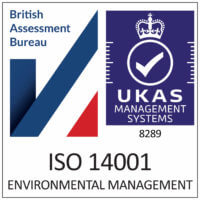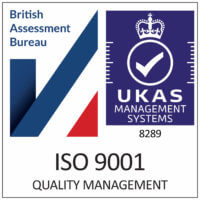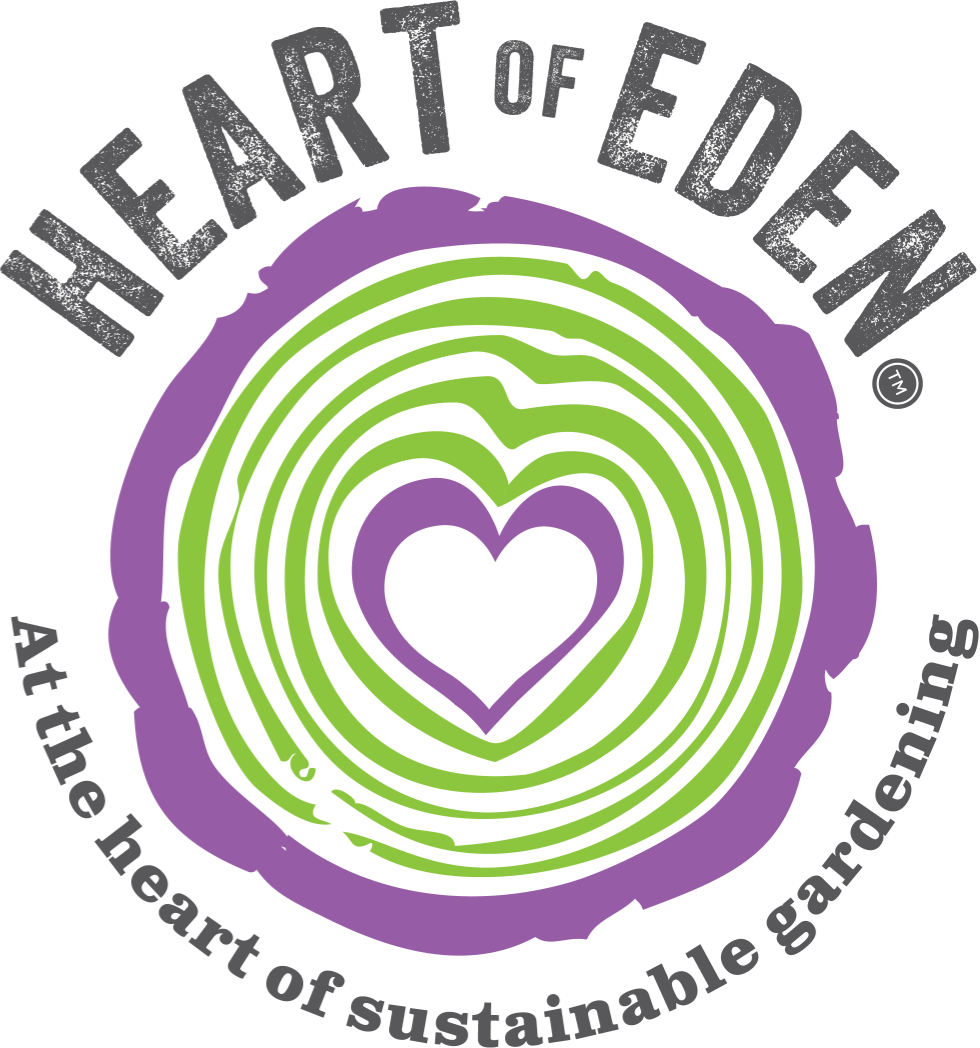Exploring the Environmental Benefits of Peat-Free All-Purpose Compost
Oct 15th 2023
Imagine walking through your lush, thriving garden, knowing that every flower, plant, and vegetable has been nurtured in a way that is not only beneficial for your plants but also for the environment. This is the promise of peat-free all-purpose compost. By eliminating the use of peat, this compost alternative not only reduces the carbon footprint associated with gardening but also helps promote sustainable practices. In this article, we will explore the environmental benefits of peat-free all-purpose compost and how it can transform your gardening experience into one that is not only beautiful but also eco-friendly.
What is Peat-Free All-Purpose Compost?
Definition of Peat-Free All-Purpose Compost
Peat-free all-purpose compost refers to a type of soil enhancer that does not contain peat, which is traditionally used as a key ingredient in gardening compost. It is a versatile product that can be used for various gardening purposes, such as planting seeds, potting plants, and improving soil quality.
Peat-free all-purpose compost is made from a blend of organic materials. These ingredients provide similar benefits to peat-based compost but without the negative environmental impacts associated with peat extraction.
Benefits of Peat-Free All-Purpose Compost
Using peat-free all-purpose compost offers numerous benefits for both gardeners and the environment. Firstly, it helps reduce the depletion of peat bogs, which are essential ecosystems. Secondly, it helps lower greenhouse gas emissions and contributes to mitigating climate change. Additionally, peat-free all-purpose compost promotes biodiversity, improves soil health, supports sustainable gardening practices, manages waste effectively, and is cost-effective and easily available.
The Environmental Impact of Traditional Peat-Based Compost
Exploring the Extraction of Peat
Peat extraction involves the excavation of peat moss from peatlands, which are unique wetland habitats formed over thousands of years. Peat is a decomposed plant material rich in organic matter and commonly used as a component in gardening compost. However, the extraction process involves draining and dredging peatlands, leading to irreversible damage to these delicate ecosystems.
Negative Effects of Peat Extraction on Ecosystems
The extraction of peat causes significant harm to ecosystems. By draining peatlands, their ability to store carbon and filter water is compromised. Peatlands are vital for regulating water flow and protecting against floods and droughts. Furthermore, the destruction of peatlands leads to the loss of habitats for numerous plant and animal species, including rare and endangered ones, disrupting entire ecosystems.
Greenhouse Gas Emissions from Peat Extraction
Peat extraction contributes to greenhouse gas emissions, making it a significant driver of climate change. When peatlands are drained for extraction, the peat begins to decompose rapidly, releasing carbon dioxide (CO2) and other greenhouse gases into the atmosphere. These emissions exacerbate the greenhouse effect and contribute to global warming.
Contribution to Climate Change
By using peat-based compost, gardeners inadvertently contribute to climate change by supporting the demand for peat extraction. This demand leads to the continued degradation and loss of peatlands, which are crucial natural carbon sinks. Choosing peat-free all-purpose compost helps reduce greenhouse gas emissions, as it does not involve the destruction of peatlands.
Promoting Biodiversity and Habitat Preservation
Preserving Peatlands as Important Ecosystems
Peatlands are incredibly valuable ecosystems, characterized by their ability to store vast amounts of carbon, provide water filtration, and offer unique habitats for specialized species. By choosing peat-free all-purpose compost, gardeners help preserve these essential ecosystems and support the conservation of biodiversity.
Creating Habitats for Wildlife
Peat-free all-purpose compost is often created using sustainable sources of organic materials. By using this compost, gardeners provide a suitable habitat for various wildlife species. The presence of organic matter in the compost attracts beneficial insects, worms, and microorganisms that contribute to a healthy ecosystem by aiding in pollination, soil aeration, and nutrient cycling.
Encouraging Native Plant Species
Peat-free all-purpose compost promotes the growth of native plant species, which are better adapted to local conditions and provide vital food and shelter for native fauna. By cultivating native plants, gardeners create a harmonious environment that supports the overall health and resilience of the ecosystem.
Reducing Carbon Footprint
Lowering Greenhouse Gas Emissions
Choosing peat-free all-purpose compost significantly reduces greenhouse gas emissions compared to peat-based compost. As mentioned earlier, peat extraction releases substantial amounts of carbon dioxide and other greenhouse gases. By using compost without peat, gardeners directly contribute to the reduction of greenhouse gas emissions and help combat climate change.
Decreasing Transportation Impact
Peat-free all-purpose compost can often be sourced locally, reducing the carbon footprint associated with long-distance transportation. By purchasing compost from nearby suppliers, gardeners can minimize the emissions generated during the transport and distribution of the product. This locality also helps support local businesses and reduces the reliance on fossil fuels for transportation.
Mitigating Climate Change
Mitigating climate change requires collective action from individuals and industries alike. By choosing peat-free all-purpose compost, gardeners actively participate in climate change mitigation efforts by reducing greenhouse gas emissions. This small but impactful choice contributes to the overall goal of achieving a more sustainable and resilient future for our planet.
Improving Soil Health and Nutrient Retention
Enhancing Organic Matter Content
Peat-free all-purpose compost is rich in organic matter, which provides numerous benefits to soil health. Organic matter improves soil structure, making it easier for plant roots to penetrate and access nutrients and water. It also enhances the soil’s ability to retain moisture, reducing the need for excessive watering and minimizing water waste.
Increasing Water Retention Capacity
Due to its composition, peat-free all-purpose compost has excellent water retention capacity. This means that it can hold moisture for longer periods, reducing the frequency of watering and helping plants survive dry spells. By utilizing compost with high water retention capacity, gardeners can conserve water resources and cultivate more drought-tolerant landscapes.
Providing Essential Nutrients for Plants
Peat-free all-purpose compost contains essential nutrients for plant growth. These nutrients are released slowly and steadily, promoting healthy plant development and reducing the reliance on synthetic fertilizers. By enriching the soil with compost, gardeners enhance the nutrient availability and create a thriving ecosystem in their gardens.
Supporting Sustainable Gardening Practices
Encouraging Responsible Consumption
Using peat-free all-purpose compost aligns with the principles of responsible consumption. By refraining from purchasing peat-based compost, gardeners reduce the demand for this environmentally harmful resource. Choosing sustainable alternatives promotes a more conscious approach to gardening, where thoughtful decisions are made to minimize negative impacts on the environment.
Promoting Circular Economy
Peat-free all-purpose compost is often made from recycled organic materials, embodying the principles of a circular economy. By supporting the production and use of compost made from recycled organic waste, gardeners actively participate in closing the loop of resource utilization. This helps reduce landfill waste and supports sustainable waste management practices.
Mitigating Environmental Risks
Preventing Peatland Degradation and Loss
The use of peat-free all-purpose compost directly mitigates the risk of further degradation and loss of peatlands. By removing the demand for peat extraction, gardeners contribute to the preservation and restoration of these valuable ecosystems. This proactive measure is essential for safeguarding the ecological integrity and long-term viability of peatlands.
Reducing Water Pollution
Peat extraction and the subsequent degradation of peatlands can lead to water pollution. The drainage of peatlands results in the release of organic acids and other pollutants that can contaminate water bodies. By opting for peat-free all-purpose compost, gardeners help minimize water pollution and protect aquatic habitats.
Avoiding Harmful Chemicals
Peat-based compost may contain additives and chemical treatments that are harmful to the environment and human health. By using peat-free all-purpose compost, gardeners eliminate the risk associated with these chemicals, ensuring a safer and more environmentally friendly gardening experience. This choice promotes a healthier and more sustainable living environment for everyone.
Consumer Awareness and Education
Educating Gardeners about Peat-Free Alternatives
It is crucial to educate gardeners about the availability and benefits of peat-free all-purpose compost. Many individuals may be unaware of the negative environmental consequences associated with peat extraction. By providing information and raising awareness, gardeners can make more informed choices and actively contribute to a more sustainable gardening culture.
Promoting Sustainable Gardening Practices
In addition to promoting peat-free all-purpose compost, it is essential to emphasize sustainable gardening practices as a whole. This includes composting, water conservation, native plant cultivation, and responsible pesticide use. By showcasing the interconnectedness between these practices and their positive impact on the environment, gardeners can be encouraged to adopt more sustainable approaches.
Raising Awareness about the Environmental Impact
Raising awareness about the environmental impact of peat-based compost is crucial in encouraging a shift towards peat-free alternatives. Through various channels, such as educational campaigns, articles, and workshops, it is possible to highlight the detrimental effects of peat extraction on ecosystems, climate change, and water pollution. Empowering gardeners with knowledge fosters a sense of responsibility and motivates them to make sustainable choices.






